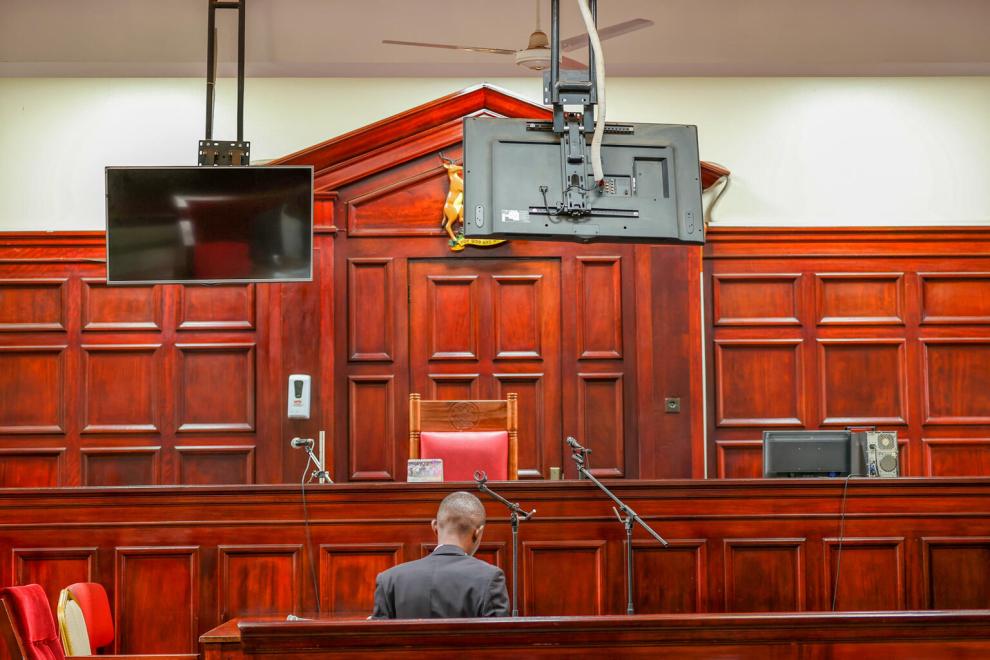Business
Uganda : Three Men’s Rape Sentence Reduced from 50 to 30 Years

The Court of Appeal, comprised of Lady Justice Catherine Bamugemereire, Christopher Gashirabake, and Oscar Kihika, has reduced the initial 50-year jail sentence for Ben Omollo, Patrick Ecudo, and Gabriel Elomunait, who were convicted of raping a nursing student. The court found the original sentence excessive.
On February 4th, 2011, the three men were found guilty by the then High Court Judge Margaret Oumo Oguli for the 2010 rape of a nursing student at Jinja School of Nursing and Midwifery. The Court of Appeal ruled that the 50-year term was too harsh.
The court heard that on the night of March 14th, 2010, the student (referred to as A.S.) was attending a traditional marriage ceremony in Kaler village, Mukura sub-county, Ngora District. While answering nature’s call, Omollo and Elomunait confronted her, refusing to leave despite her protests. They then forcibly raped her, acting in concert with each other.
The victim attempted to negotiate, offering money, but the assailants declined, insisting on non-consensual sex. After the assault, they briefly detained her, preventing her from rejoining the ceremony. She eventually escaped and reported the incident to the police.
In their appeal, the convicted men argued that the trial Judge erred in relying on an improperly conducted identification parade and used hearsay evidence. The Court of Appeal, however, ruled that the convicts were properly identified.
The Justices also noted that the High Court did not consider the fact that the men were first-time offenders, young, and had the potential for reform. They highlighted that one of the convicts, Gabriel, is living with HIV in prison, emphasizing the harshness and excessiveness of the original sentence.
The Court of Appeal ultimately reduced the sentence to 30 years, taking into account the circumstances and the absence of evidence proving the transmission of HIV/AIDS to the victim.
